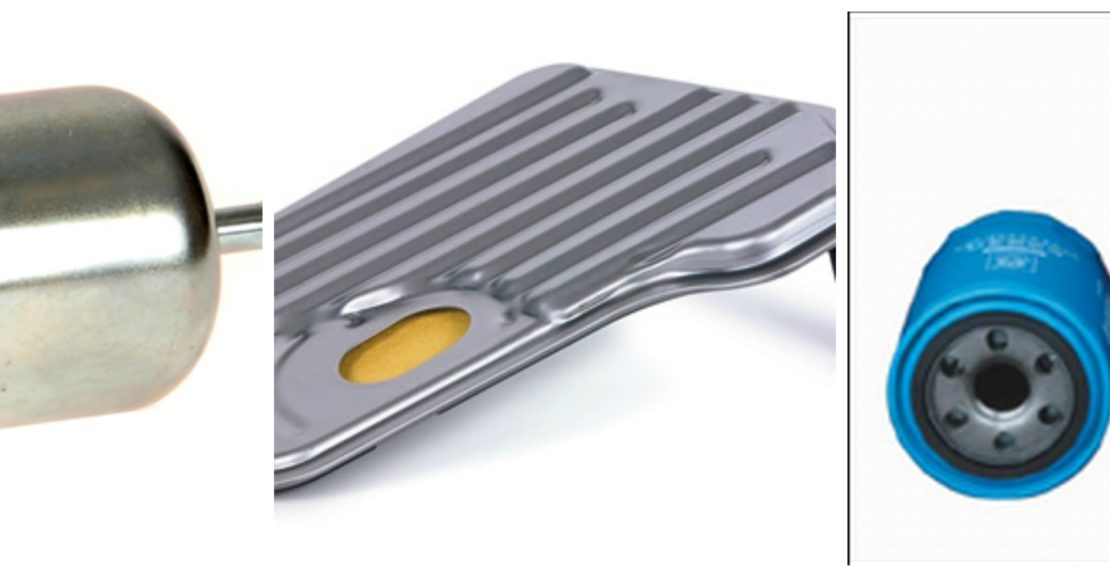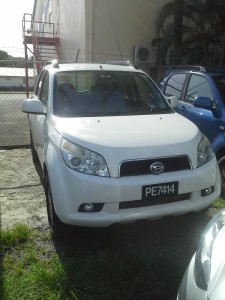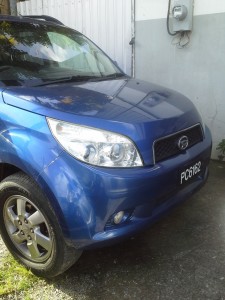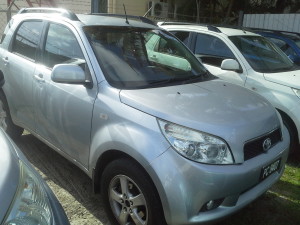There are several filters (the main ones are oil, fuel, transmission, and air) important to preserving your car engine, and they should be changed according to the schedule in your owner’s manual or as follows:
- Change the oil filter at least at every other oil change — every change is even better because the old filter contains nearly a quart of dirty oil that will remain with the new, clean oil. If you change your oil yourself, wipe the filter threads with an anti-seize lubricant, available at auto supply stores.
- Check the air filter every two months and replace it when dirty or as part of a tune-up. Air filters are generally easier to get to than oil filters.You find them under the big metal lid in a carbureted engine or in a rectangular box in a fuelinjected engine — check your owner’s manual for the exact location. Extend the life of air filters by blowing them clean with compressed air.
- Despite claims by makers and dealers that some newer fuel filters never need changing, it’s smart to have it done once a year. A clogged fuel filter will cause poor engine performance (hesitation and starting difficulties) and is an early warning that there may be corrosion in your gas tank.
- Change your transmission fluid filter after the first 5,000 miles (8,000 km) of driving and every 25,000 miles (40,000 km) or two year thereafter.





